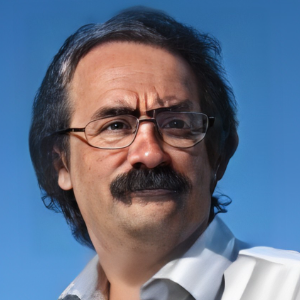Title : Epigenes: hereditary units with bimodular organization
Abstract:
Epigenetic inheritance is a rapidly growing field of Modern Biology, in particular, of Plant Genetics. However, all fundamental genetic concepts are still based on the hereditary role of DNA, thus resulting in multiple contradictions and terminological confusions. Moreover, only few mechanisms of epigenetic inheritance (namely, DNA methylation, histone modification, RNA interference and amyloid prionization) are usually considered, while their actual spectrum is far wider. These mechanisms may realize through (i) regulation of transcription by transcription factors, DNA methylation, and histone modifications, (ii) RNA splicing, (iii) RNA-mediated post-transcriptional silencing, (iv) inhibition of plastid translation, (v) protein processing by truncation, (vi) post-translational chemical modifications, (vii) protein folding, and (viii) homologous and non-homologous protein interactions. Basing on this list, we suggest that any regulatory mechanism participating in gene expression and/or gene-product functioning, under specific circumstances, may produce epigenetic inheritance. Although the modes of such inheritance are highly variable, stable allelic variants are clearly distinguishable in many epigenetic systems. Irrespective of their molecular nature, all these alleles have a principle similarity. Each of them is a bimodular hereditary unit: its features depend on (i) an epigenetic determinant (certain epigenetic mark in the DNA sequence or its product), and (ii) a DNA determinant (the DNA sequence itself; if this is absent, the corresponding epigenetic allele fails to perpetuate). These data mean that epigenetic inheritance do not reject the hereditary role of DNA. Meanwhile, the DNA theory of inheritance becomes now just a part of a significantly more complex genetic concept, wherein multiple additional mechanisms with no or almost no limitations to their variety are also included.



